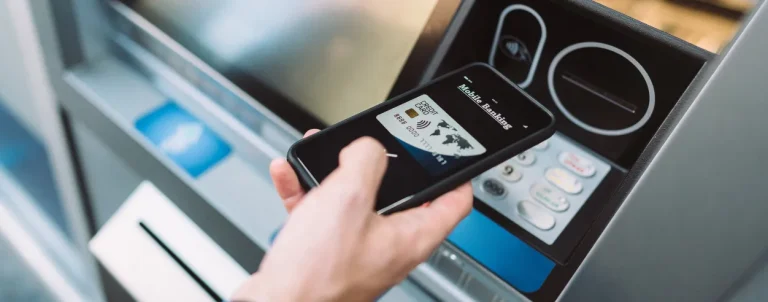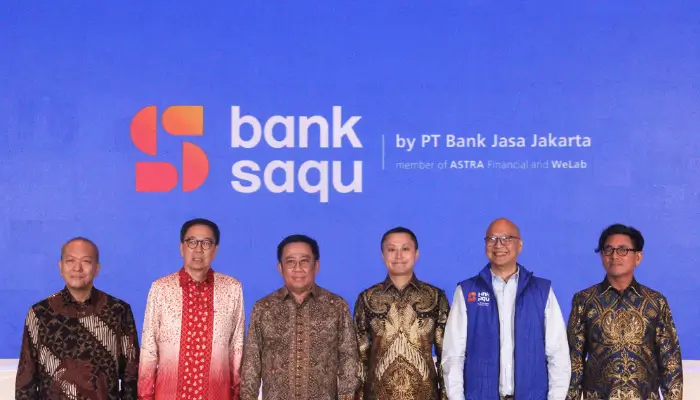Manila, Philippines – Nearly 21 million unbanked Filipinos could gain access to banking services through real-time payments, contributing a total of $323m in economic growth and supporting 29,238 jobs in the Philippines by 2028. This is according to the latest report from global software company ACI Worldwide, in collaboration with the Centre for Economics and Business Research (Cebr).
Data from the findings showed real-time payments are empirically connected to financial inclusion, noting access to affordable financial services can fuel economic growth and lift millions out of poverty. By 2028, global adoption of real-time payments is also projected to add $285.8b to GDP and facilitate the creation of over 167 million new bank accounts.
Moreover, it was also observed that profit opportunities for financial institutions are driven by the estimated financial inclusion uplift from adopting real-time payments.
Based on the report, real-time payments are anticipated to grow the banking population in the Philippines by 23%, equating to 21 million new accounts. This figure presents a profit opportunity of $28.7b for financial institutions by 2028, calculated based on the typical customer lifetime value estimated at $1,375.
Commenting about the report, Leslie Choo, senior vice president at ACI Worldwide, said, “The rise of real-time payments has the potential to open up banking access to millions of new customers, presenting significant growth and profit potential for banks that capitalise on this to modernise and streamline payment technology and services.”
“Real-time payments have asserted their role as a powerful enabler for societal transformation, bridging critical gaps in financial access and empowering millions of Filipinos,” added Choo.
Driven by rapid adoption and government-backed initiatives, the digital payment sector in the Philippines is poised for significant growth, with Bangko Sentral ng Pilipinas (BSP) reporting that digital payments comprised 52.8% of retail transaction volume in 2023 and is aiming for a 60-70% share by 2028.












